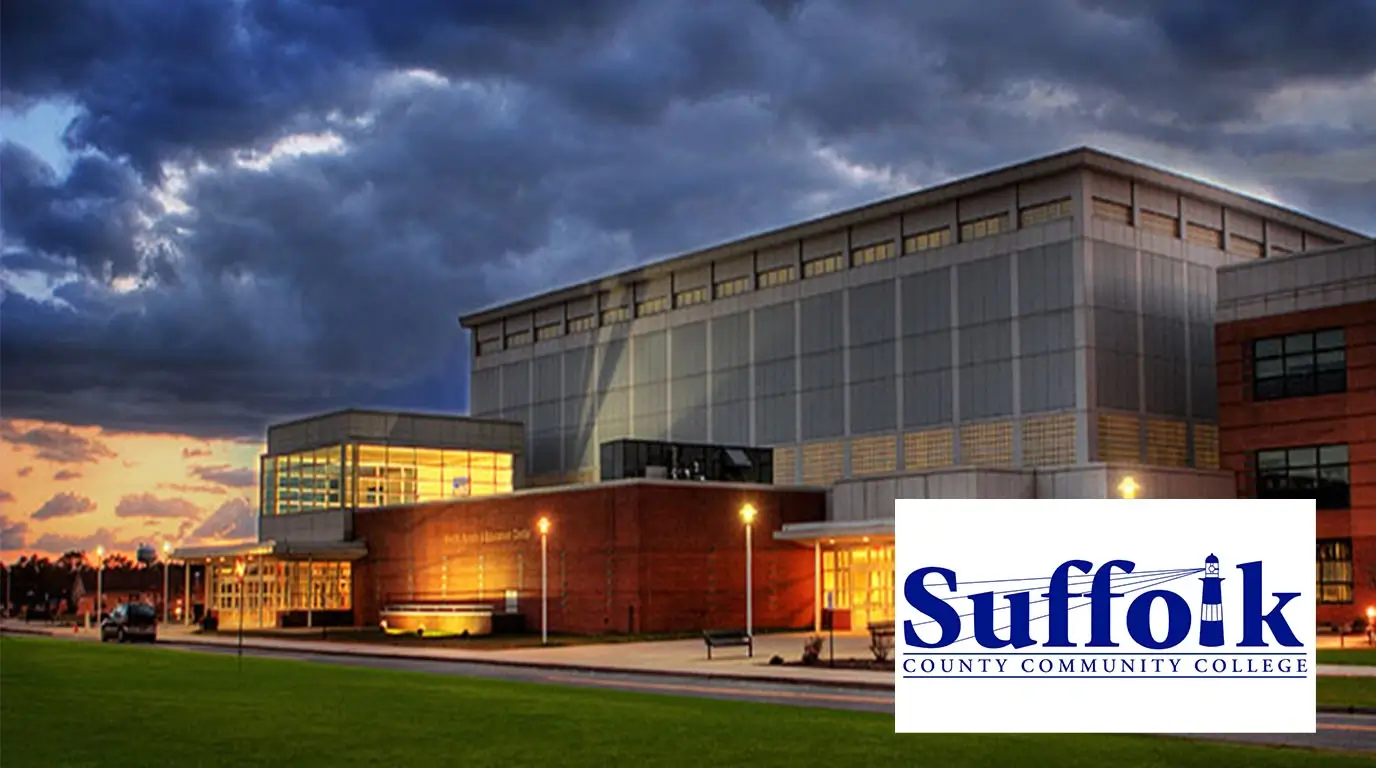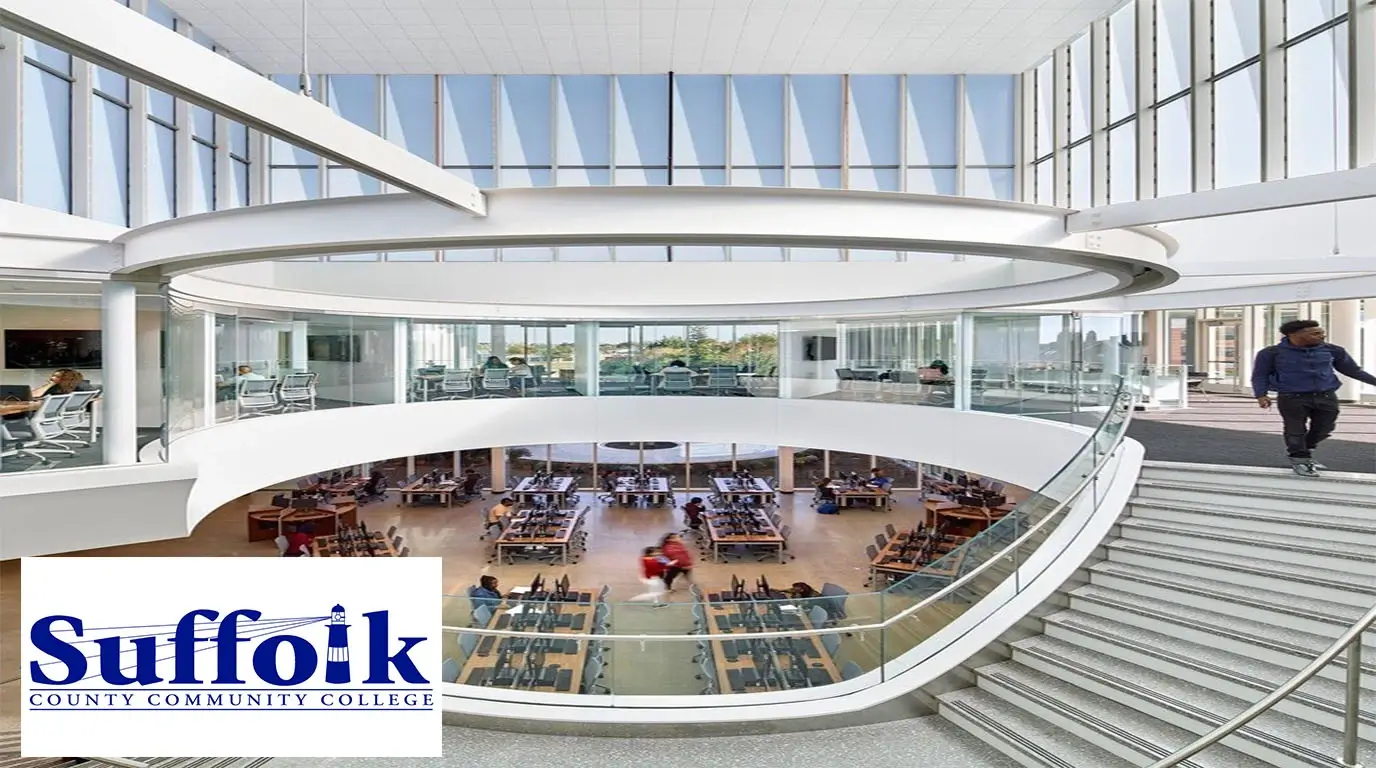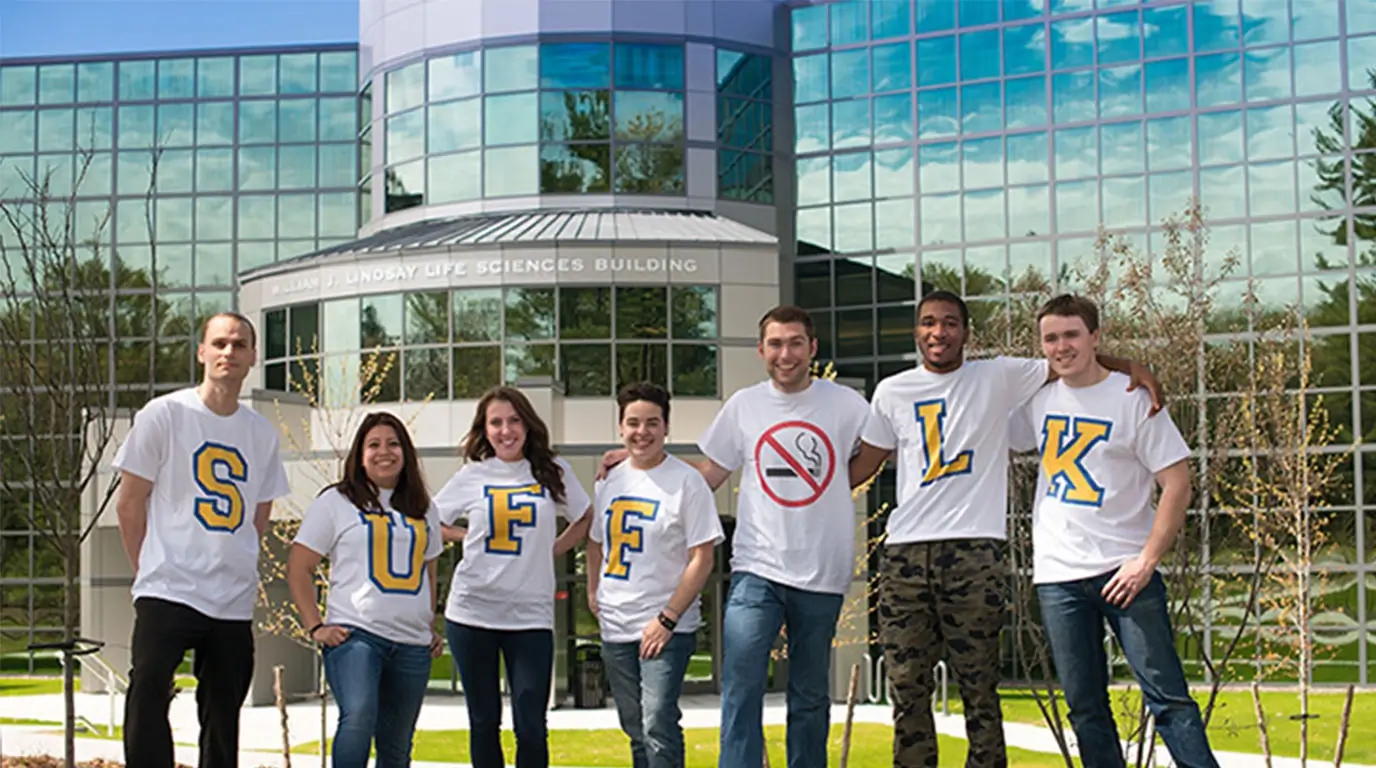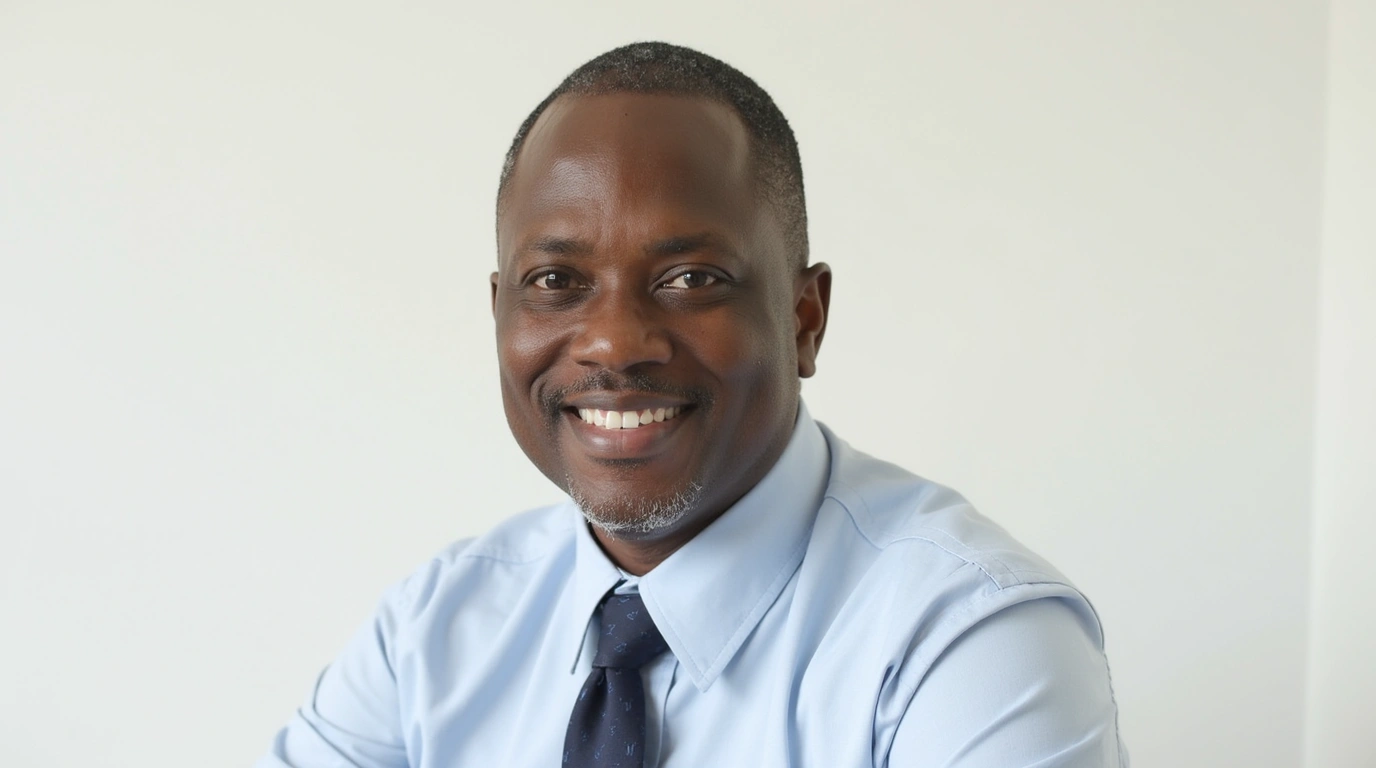Starting a career as a paralegal can feel like stepping into a maze—exciting but a little overwhelming. If you’re considering the Suffolk County Community College paralegal program, you’re looking at a solid, practical path to break into the legal world. I’ve spent years working as a paralegal, and I can tell you this program stands out for its hands-on approach, ABA-approved curriculum, and focus on real-world skills. Whether you’re fresh out of high school or switching careers, this program at Suffolk County Community College offers a clear first step. Let’s dive into what makes it special.
Table of Contents
Introduction: Why Choose This Program?

The Suffolk County Community College paralegal program is a gateway to a rewarding career in law without the commitment of law school. Housed in New York’s largest community college, it’s American Bar Association-approved, which is a big deal—employers trust this credential. The program blends rigorous coursework with practical training, preparing you to draft legal documents, conduct research, and support attorneys in settings like law firms or corporate legal departments. Its flexible hybrid format and affordable tuition make it accessible for working adults or busy parents. Plus, the program’s reputation for strong career outcomes keeps it high on the radar for aspiring paralegals.
Suffolk County Community College paralegal Overview
Since its inception, the Suffolk County Community College paralegal program has been a cornerstone of legal education at SUNY Suffolk. It’s part of the Business and Legal Studies Department, led by Program Director Ronald A. Feinberg, Esq., a seasoned attorney with deep industry ties. The program’s mission is simple: equip students with the skills to thrive as paralegals while fostering ethical practice and critical thinking. It’s designed to balance theory with practice, ensuring you’re not just memorizing laws but learning how to apply them in real legal settings.
Curriculum Details
The curriculum is where this program shines. The Associate of Applied Science (A.A.S.) in Paralegal Studies includes core courses like Legal Research and Writing, Civil Litigation, and Real Estate Law. Unique offerings, such as a course on Title Searches and Closing Statements, set it apart, giving you niche skills for New York’s real estate-heavy legal market. The Certificate program, ideal for those with an associate or bachelor’s degree, covers similar ground in a condensed format.
Most students complete the A.A.S. in two years (full-time) or the certificate in one year. The sequence starts with foundational courses like Introduction to Law, then moves to specialized topics. Practical components include drafting pleadings and using Westlaw for research—skills you’ll use daily as a paralegal. There are no formal specialization tracks, but electives let you focus on areas like family law or corporate filings.
Admission Requirements
Getting into the Suffolk County Community College paralegal program is straightforward but requires attention to detail. For the A.A.S., you need a high school diploma or GED. The Certificate program requires an associate degree with at least 18 liberal arts credits. Applications are accepted year-round, but fall (August) and spring (January) start dates have priority deadlines—typically May 1 and November 1. You’ll need to submit transcripts, a completed application, and proof of English proficiency if applicable. The selection process prioritizes academic readiness and motivation, assessed via your application essay.
Suffolk County Community College paralegal Formats & Schedule
Flexibility is a hallmark of this program. You can study full-time or part-time, with day, evening, and weekend classes available. The hybrid format—mixing online and in-person courses—suits busy schedules, though some legal specialty courses require campus attendance at the Selden, Brentwood, or Riverhead campuses. Full-time students finish the A.A.S. in two years; part-time students may take three. The Certificate program typically takes one year. Multiple start dates (fall, spring, summer) make it easy to jump in when you’re ready.
Faculty Spotlight
The faculty here are the real deal. Ronald A. Feinberg, Esq., brings decades of legal experience, blending courtroom anecdotes with practical advice. Other instructors include practicing paralegals and attorneys who specialize in areas like family law and corporate compliance. Their industry connections open doors for internships and job placements. With a student-to-faculty ratio of about 20:1, you’ll get personalized guidance, which is crucial when tackling complex legal research projects.
Suffolk County Community College Facilities & Resources

Students in the Suffolk County Community College paralegal program have access to top-notch resources. The Huntington Library on the Ammerman Campus offers Westlaw access, a must for legal research. There’s no dedicated mock courtroom, but the program uses simulated case studies to mimic real-world scenarios. Tutoring services, career counseling, and a dedicated paralegal academic advisor ensure you’re supported every step of the way. The library’s database page is a goldmine for finding case law and statutes.
Internship & Field Experience
Hands-on experience is non-negotiable in this field, and Suffolk delivers. The program partners with local law firms, government agencies, and corporations to arrange internships. You might work in family law, real estate, or even criminal defense, drafting documents or shadowing attorneys. The program’s advisory board, packed with legal professionals, helps secure placements. Past students have landed internships at places like the Suffolk County District Attorney’s Office, with many transitioning to full-time roles post-graduation.
Career Outcomes
Graduates of the Suffolk County Community College paralegal program are in demand. According to The Bureau of Labor Statistics, paralegal jobs are projected to grow 7.6% through 2024, and Suffolk’s alumni are well-positioned. Many work in Long Island law firms, corporate legal departments, or government agencies. Starting salaries typically range from $45,000 to $55,000, per paralegal salary data. The college’s career services team offers resume workshops, mock interviews, and job fairs tailored for paralegal students.
Tuition & Financial Information
At roughly $5,300 per year for in-state students, Suffolk’s tuition is among Long Island’s lowest. The A.A.S. program costs about $10,600 total, while the Certificate runs around $5,300. Scholarships, like the Paralegal Studies Advisory Board Award, are available for high-achieving students. Financial aid, including Pell Grants and work-study, is widely accessible, and payment plans ease the burden. Check SUNY Suffolk’s financial aid page for details.
Student Success Stories

Take Kimberly Lane, a 2023 graduate who landed a paralegal role at a local law firm after her internship. She credits the program’s Westlaw training for her confidence. Another alum, John Rivera, now works in corporate compliance at a Fortune 500 company, thanks to his real estate law coursework. “The professors pushed me to think like a paralegal, not just study like one,” John says. These stories show how the program bridges classroom learning to real-world success.
Suffolk County Community College paralegal: How to Apply
Ready to join? Start at SUNY Suffolk’s admissions portal. Submit your application, transcripts, and essay online. After applying, meet with a paralegal academic advisor to map out your courses—trust me, this saves headaches. You’ll hear back within 4-6 weeks. For help, contact the admissions office or use the program’s advising resources.
Contact Information
Reach out to Ronald A. Feinberg, Esq., at (631) 451-4663 or [email protected]. The Business and Legal Studies Department is located at 533 College Road, Selden, NY 11784. Schedule a campus visit through SUNY Suffolk’s website or fill out the request for information form to learn more.
Frequently Asked Questions
Is the Suffolk County Community College paralegal program ABA-approved?
Yes, it’s fully approved by the American Bar Association, ensuring high-quality education.
How long does the Suffolk County Community College paralegal program take?
The A.A.S. takes two years full-time; the Certificate takes one year.
Can I study online in the Suffolk County Community College paralegal program?
It’s a hybrid program—some courses are online, but legal specialty classes require in-person attendance.

